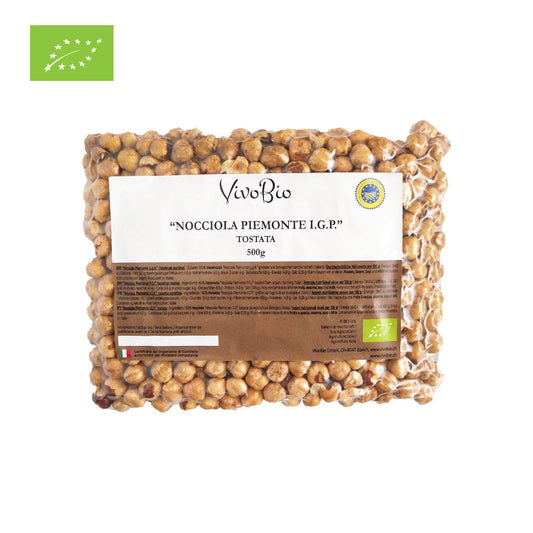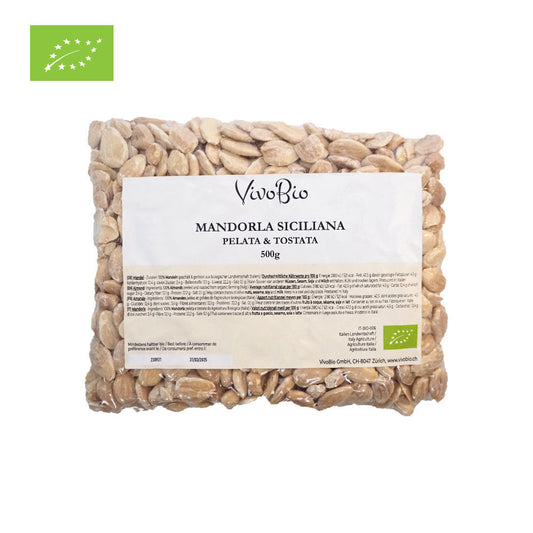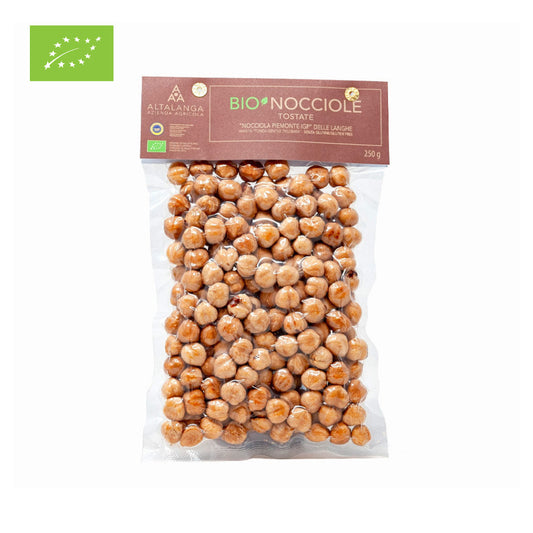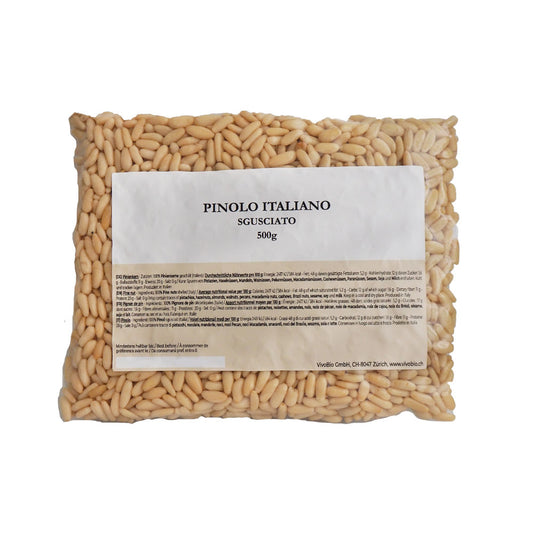Fat is a controversial topic. There was a time when the word fat was synonymous with unhealthy, but now it's clear that not all fats are bad for the body. Some are essential for health, others can be very harmful. In this article, we explore why fat is important for health and which fats to avoid. We also look at how much fat you should be eating on a daily basis and which oils are best for preparing food.
Fats and health - the good and the bad
So there are good and bad fats. Good fats are found in foods like nuts and seeds. These foods contain healthy fats that help our bodies in many ways:- They provide energy
- They help absorb vitamins A, D, E, and K
- They produce hormones that help regulate blood pressure, among other things.
The bad kind of fat comes from sources like saturated animal products (meat and dairy), commercially prepared baked goods, and fried foods; these types of foods can contribute to high cholesterol and an increased risk of heart disease in adults.
What is the difference between saturated, polyunsaturated, monounsaturated and trans fats?
The main difference between the fats is the length of the carbon chain. Saturated fats have all of the carbons in the chain filled, making them straight and easy to assemble into a solid at room temperature. Polyunsaturated fats have one or more double bonds in their carbon chains, making them pliable and harder to put together. Monounsaturated fats don't have double bonds along the chain, so they fall somewhere between saturated and polyunsaturated fats when it comes to putting together well.
Trans fats are created by adding hydrogen atoms to unsaturated vegetable oils during processing. This forces the shape of the molecule into a straight line, allowing it to solidify at room temperature without the use of hydrogenation chemicals.
So how much fat should I eat?
How much fat you should eat depends on your age, gender, and activity level. It also depends on your individual needs, health goals, and dietary preferences. Some people can tolerate more fat than others. If you want to lose weight or control your cholesterol and blood sugar levels, a low-fat diet is best for you.
You can get all the fats you need from plant-based foods like avocados, nuts and seeds (e.g. flaxseed), olives and olive oil, and oily fish like salmon - these are healthy sources of omega-3 fatty acids, which are associated with many health benefits associated with, among other things, reducing the risk of heart disease.
Fat is important for your body. Some types of fat are essential and should therefore be included in your diet. However, other types of fat can be harmful to your health. It's important to know why some fats are healthy and some aren't, so you know what to include in your diet. It is also important to know how much fat you should eat every day and which oils are best for cooking.





